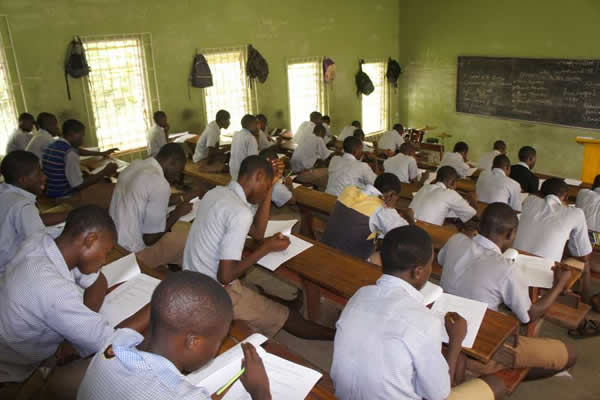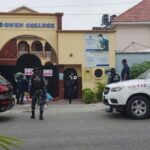
The Total School Support Seminar/Exhibition has said Nigeria’s transformation must begin from the classroom.
Speaking on Thursday at the 15th edition of the TOSSElead, titled, ‘Transforming education across borders’, CEO, Edumark and convener of TOSSE, Mrs Yinka Ogunde, advised education professionals to see themselves as people who could use education to initiate global transformation.
She said, “Transforming Nigeria must begin from the classroom because we have the opportunity through the education sector to do things differently.”
Ogunde mentioned that good leadership, the ability to generate and execute transformative ideas were keys to achieving success in the education sector in Nigeria and other spheres.
“We want to tell stakeholders and the government that everything rises and falls on leadership. If we get it right with leadership, we won’t have much problem. We need people with ideas and integrity who know what to do in education. We must begin with leadership development training with policymakers. We may even need a curriculum that will address policymakers and let them know the history of Nigeria, the importance of education in Nigeria.”
Keynote speaker at the event, Director General of the Bureau of Public Enterprise, Mr Alex Okoh, explained that it was pertinent to note that in contrast to the high standards attained in the 70s and 80s, the Nigerian education system had witnessed a gradual decline over the years due to a number of challenges such as funding, poor educational facilities, and infrastructure deficit.
“Nigeria is yet to allocate the UNESCO-prescribed minimum of 26 per cent of the annual national budget to education.
“Nigeria with the rising illiteracy rate has one of the lowest ratings,” he said.
On her part, former Special Adviser on Education to the Ogun State Governor, Mrs Ronke Soyombo, added that “Every child should be given access to personalised learning. We need to upgrade teachers and support them. Technology is a big thing; every teacher must be IT savvy. This generation needs a lot of ICT skills and access to good education.”





